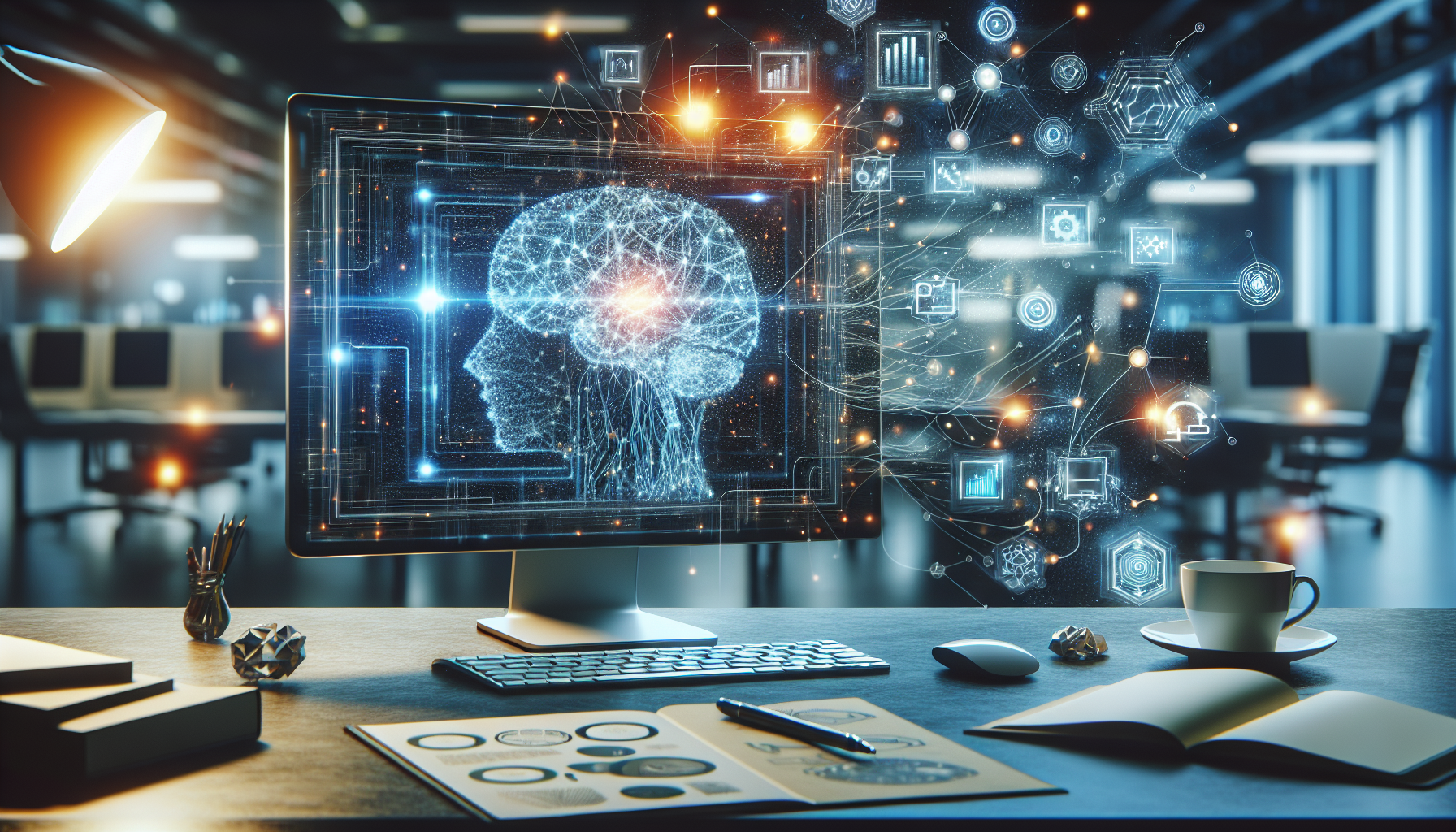
How AI is Transforming Healthcare A Comparative Analysis
January 23, 2025
Artificial Intelligence is redefining the healthcare industry, offering transformative solutions across various facets of medical practice and patient care. By comparing its impact on diagnostics, treatment, and administrative efficiency, we gain insights into how AI is revolutionizing the sector. This exploration reveals the potential AI holds to improve outcomes and streamline operations, ushering in a new era of healthcare delivery.
In the realm of diagnostics, AI-powered tools are providing unprecedented precision and speed. Consider the process of medical imaging, where AI algorithms are being developed to assist radiologists in identifying abnormalities with greater accuracy than ever before. These systems utilize vast datasets to learn and recognize patterns that might be imperceptible to the human eye. For instance, AI applications in mammography have demonstrated the potential to reduce false positives and negatives, thus improving the early detection rates of breast cancer. When compared to traditional diagnostic methods, AI offers a level of consistency and reliability that significantly enhances initial assessments, leading to more timely and effective interventions.
Treatment protocols are also witnessing a profound transformation through AI. Personalized medicine, which tailors treatment to individual patient profiles, is becoming increasingly feasible with the aid of AI. Machine learning algorithms analyze genetic information, lifestyle factors, and medical histories to suggest highly customized treatment plans. This comparative advantage over generalized treatment approaches not only improves patient outcomes but also reduces adverse effects and unnecessary interventions. In oncology, for example, AI-driven models are being used to predict patient responses to specific chemotherapy regimens, facilitating more precise and efficient care delivery.
AI's influence extends beyond direct patient care into the administrative corridors of healthcare institutions. Here, AI systems are optimizing operations, from scheduling and billing to inventory management. By automating routine tasks, these technologies free healthcare professionals to focus more on patient-centric activities. In a comparative analysis with traditional administrative processes, AI demonstrates a capacity to reduce operational costs and enhance service delivery. For instance, natural language processing algorithms are effectively managing electronic health records by extracting relevant information and ensuring compliance with regulatory standards, thereby minimizing the time clinicians spend on paperwork.
Comparing AI's impact across various healthcare systems globally, we note distinct advantages in regions that have embraced its integration. In countries with robust digital infrastructure, AI adoption in healthcare is more advanced, resulting in measurable improvements in patient satisfaction and care quality. Conversely, regions where AI implementation is nascent or hindered by infrastructural limitations face challenges in reaping its full benefits. This disparity underscores the importance of strategic investment in digital health infrastructure to harness AI's potential universally.
Moreover, AI's transformative role in healthcare is not without ethical considerations. The deployment of AI technologies necessitates a careful examination of issues related to data privacy, algorithmic bias, and the potential for job displacement. A comparative analysis of AI integration strategies reveals that healthcare systems prioritizing ethical frameworks tend to achieve more sustainable and equitable outcomes. Transparent AI governance models that engage stakeholders in decision-making processes are pivotal in addressing these concerns while maximizing the benefits AI offers.
It is essential to recognize that AI is not a panacea for all healthcare challenges. The human element remains crucial, particularly in areas requiring empathy, nuanced judgment, and ethical discernment. AI complements but does not replace the expertise of healthcare professionals. In a comparative context, the most successful healthcare systems are those that leverage AI as a tool to augment human capabilities rather than substitute them.
As we continue to explore AI's transformative potential in healthcare, we are compelled to ask: How can we ensure that these technological advancements are accessible and equitable for all populations? Furthermore, what measures should be implemented to maintain the delicate balance between innovation and ethics? These questions invite ongoing dialogue and research, as the journey towards a fully integrated AI-driven healthcare system unfolds.


